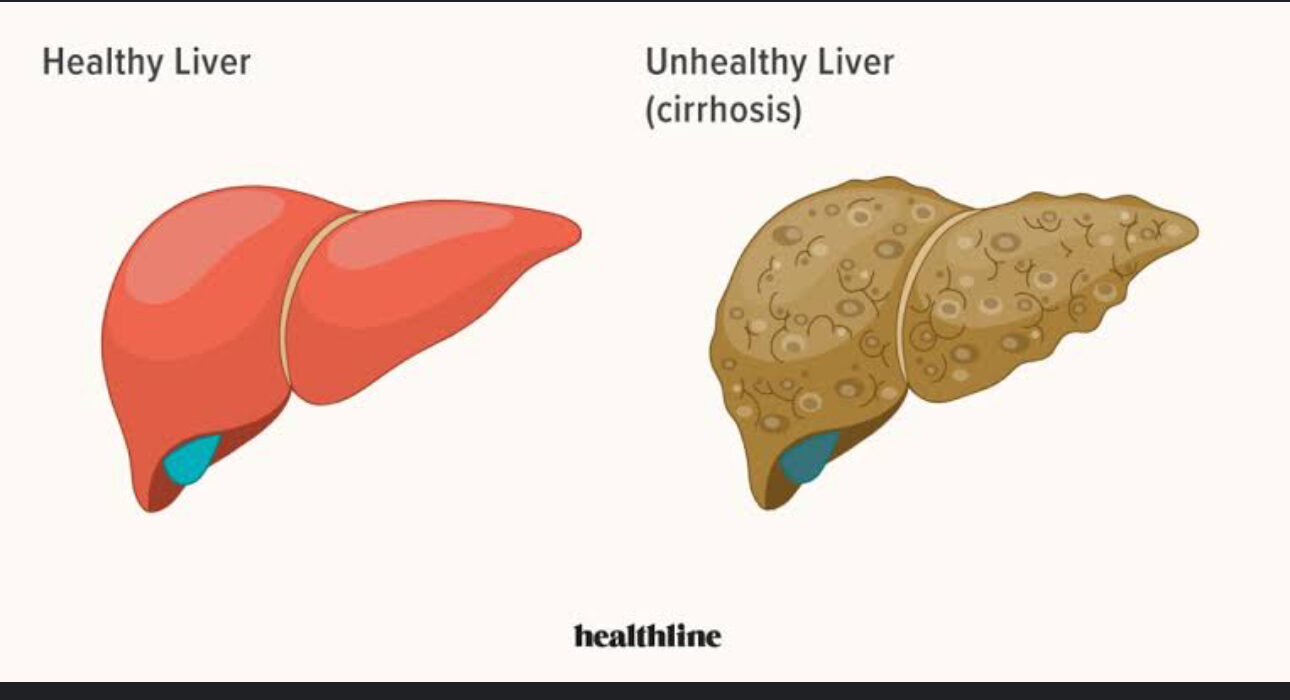Several Nigerians Bearing Quiet Liver Damage, Gastroenterologist Warns

Consultant Gastroenterologist and Hepatologist with the Lagos University Teaching Hospital (LUTH) Dr. Abiodun Bello has disclosed recently at a health forum that many people in the country are developing liver diseases which have no warning signs until critical complications arise.
“Individuals think liver disease only manifests when your eyes become yellow, but by then it’s already progressed,” Dr. Bello said.
“Liver injury doesn’t necessarily have obvious symptoms early on, which is why it’s commonly referred to as a silent killer.”
He blamed poor diets, heavy drinking, and the indiscriminate use of unregulated herbal remedies as major causes of the high cases of liver failure in Nigeria.
Additionally, the majority of cases are blamed on viral hepatitis—primarily hepatitis B and C—that can quietly ravage the liver for years before diagnosis.
Over 19 million Nigerians are estimated to be infected with hepatitis B or C. Since the infections are often asymptomatic in their initial stages, the majority of infected individuals are unaware that they have the disease until it progresses to life-threatening complications such as cirrhosis, liver failure, or hepatocellular carcinoma (liver cancer).
Dr. Bello urged Nigerians to place emphasis on regular liver function tests and hepatitis screening, especially those with risk factors, including:
• History of blood transfusions,
• Unprotected sex,
• Use of injectable drugs or sharing needles,
• Family history of liver disease,
• Long-term use of herbal medication.
He also emphasized public awareness and government-initiated programs that make screening, vaccination, and treatment affordable.
“Early detection saves lives,” he said. “We need to place priorities on the health of the liver just like other top health concerns. Public education, regular check-ups, and healthy lifestyle choices are the key to reversing this tide.”
To further public health efforts, experts are calling for enhanced funding for hepatitis response efforts, making liver health screenings part of routine medical check-ups, and improved regulation of herbal over-the-counter medications.







